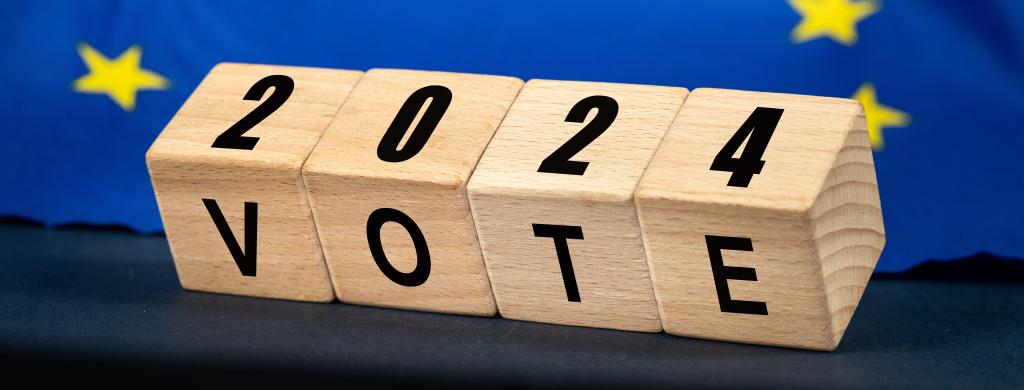Europeans will be heading to the polls once again, as they do every five years, from June 6th to 9th. With more than 400 million people eligible to vote, the elections to the European Parliament are the second largest democratic elections in the world after India’s. This year, just like with every European Parliament election in recent memory, there is much anticipation about the rise of extreme right and populist parties. In previous elections, this fear usually dissipated as the traditional center-left and center-right forces that built the European Union forged coalitions that held more radical parties at bay.
Yet the outcome of this election could be different. The first to take place after Brexit came into force and since the election of far-right leaders such as Georgia Meloni in Italy, it comes at a time when the extreme right surge seems bigger and bolder. Polls are predicting the nationalist right and far right could pick up nearly a quarter of seats in the European Parliament in June. The European context is marked by ongoing migration, including through the Mediterranean, a sluggish economy, and increased concerns about security amidst tense geopolitics.
In this episode of Who is Voting in 2024?, AHCD Postdoctoral Researcher Laura Bullon-Cassis speaks to Christin Tonne, Research Affiliate at the Albert Hirschman Centre on Democracy, and Nathalie Brack, Associate Professor at the Department of Political Science of the Université libre de Bruxelles. We ask: What is different about these elections? And, how resilient are the EU institutions to the rise of the extreme right?
Listen HERE.


